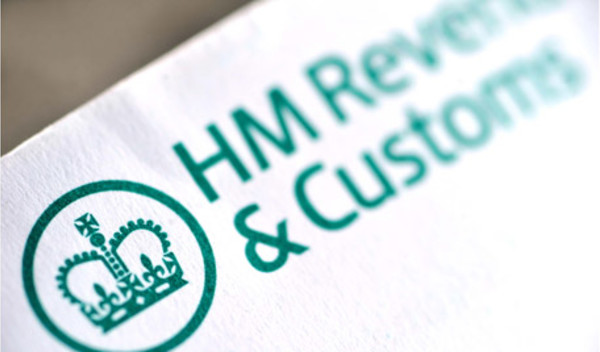

Advisers will soon need to warn any clients with offshore accounts about the government wanting to keep closer tabs on tax avoidance.
HM Revenue and Customs revealed that it will bring in legislation under which financial intermediaries will be required to notify their UK resident customers with UK or overseas accounts about the Common Reporting Standard.
In documents published alongside the Budget yesterday (18 March), HMRC stated advisers will also have to warn their clients about the penalties for evasion and the opportunities to disclose.
Last year the UK and various overseas jurisdictions agreed to adopt the new reporting standards on financial account information. Overseas tax avoidance has made headlines following the criminal investigation into HSBC over Swiss bank accounts.
Alongside dragging advisers into attempts to increase their tax take, the government also announced yesterday that it will introduce legislation for tougher measures for those who persistently enter into tax avoidance schemes.
These rules will include a special reporting requirement and a surcharge on individuals whose latest tax return is inaccurate as a result of a further failed avoidance scheme.
The government will look to restrict access to reliefs for individuals identified as having a record of trying to abuse them through avoidance schemes that do not work. Additionally, HMRC stated that it intends to develop further measures to name those who continue to use schemes that fail.
Legislation will also be introduced in the forthcoming Finance Bill to widen the current scope of the Promoters of Tax Avoidance Schemes regime, by bringing in promoters whose schemes regularly fail.
The government will introduce legislation enabling HMRC to issue conduct notices to a broader range of connected persons under the Promoters of Tax Avoidance Schemes regime.
New rules will also be put in place to ensure the three-year time limit, for issuing conduct notices to promoters who have failed to disclose avoidance schemes to HMRC, applies from the date when a failure is established.
On corporation tax, the government plans to introduce anti-avoidance legislation that will be back dated to be effective from 18 March 2015.
These rules prevent companies from obtaining a tax advantage by entering contrived arrangements to turn historic tax losses of restricted use into more versatile in-year deductions.
emma.hughes@ft.com



